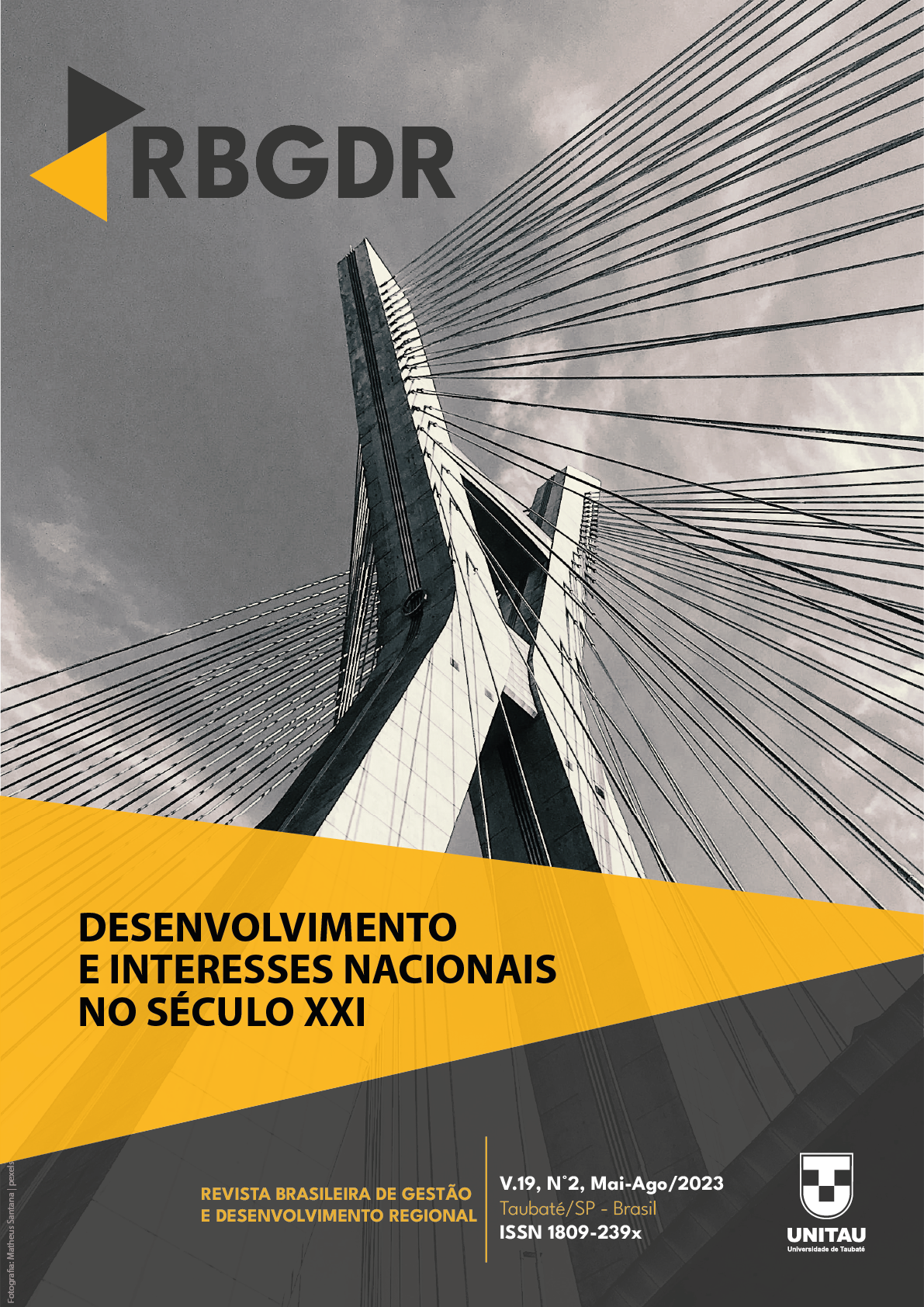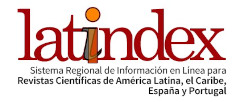Social appropriation of water in rural communities in the semiarid region
governance challenges
DOI:
https://doi.org/10.54399/rbgdr.v19i2.6755Keywords:
Acesso à água, Comunidades rurais, Semiárido paraibano, Governança hídrica.Abstract
The main objective of this research was to understand how the access and governance of water takes place in a rural community in the agreste region of Paraíba. The study was guided from the social and political perspectives, aiming to identify how this peripheral community has access to water, and to assimilate how social actors participate in the water governance process. In order to achieve a multidimensional and integrated understanding of the social, political and governmental dynamics of the observed community, the modality of social research was applied with a qualitative-quantitative methodological approach. Among the results found in the investigation, the absence of water quality monitoring stands out; the significant coverage of the P1MC-ASA; and, the non-existent political participation of the community's residents regarding water governance in the region. The diagnosis carried out indicates possible weaknesses in the adopted water management model, which can serve as a comparative basis for other regions, and also support a possible formulation of new water governance policies.
Downloads
Published
How to Cite
Issue
Section
License
Copyright (c) 2023 Revista Brasileira de Gestão e Desenvolvimento Regional

This work is licensed under a Creative Commons Attribution-NonCommercial 4.0 International License.
Authors who have their papers accepted and published in the Brazilian Journal of Regional Management and Development must agree to the copyright policy CC BY https://creativecommons.org/licenses/by/4.0/.
If the article is accepted for publication, the copyright is automatically assigned to the Brazilian Journal of Regional Management and Development.

















